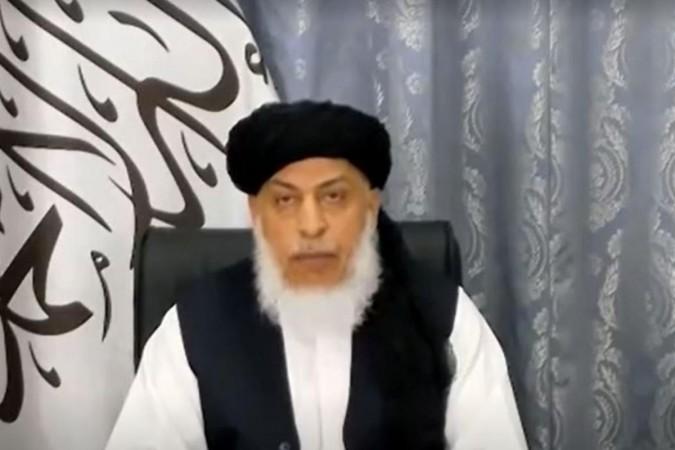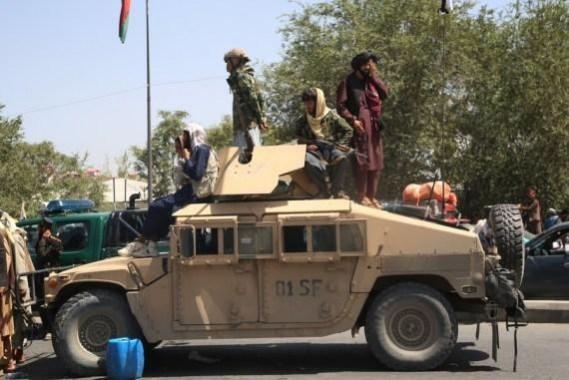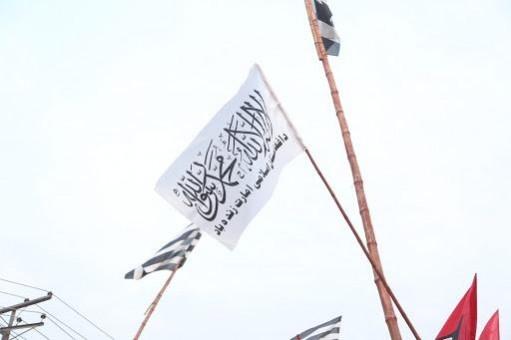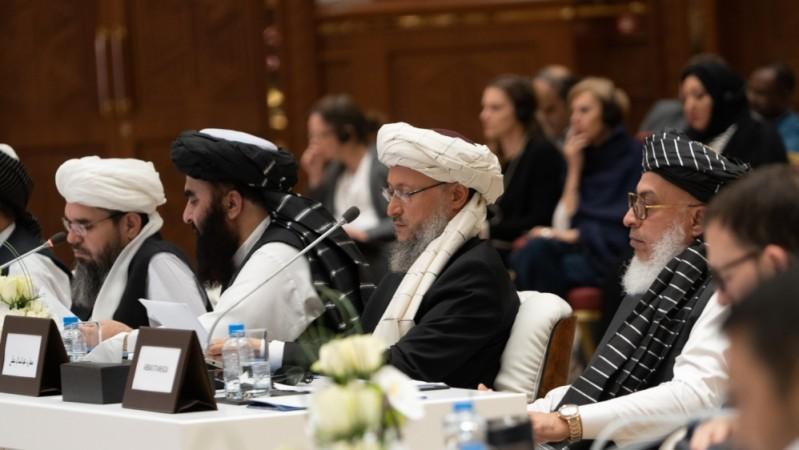Afghanistan has the attention of the world ever since the fall of Kabul and even the closest developments are being closely watched. Afghanistan's relations with its neighbouring countries is a matter of great concern and Taliban is trying to whitewash its image in hopes to establishing good relations with every country it shares close borders with.
Taliban's Sher Mohammed Abbas Stanekzai, in a 46-minute video message, spoke about various things including the future of Afghanistan and its views on relations with key countries in the Asian region, including India, Pakistan, China, Russia and others. Let's take a look at what Taliban wants.

Taliban and its neighbours
Here's a look at the kind of relations Taliban says it wants with its neighbouring countries:
China: Taliban says China is a "strong and power nation" and even thanks them for their "positive policy they have always played in Afghanistan." Stanekzai additionally thanked China for their "humanitarian assistance to the country."
India: Taliban's Stanekzai says India is an important nation of this region and that it wants "trade, cultural and economic relations." He adds that its trade through Pakistan is important and that the air corridor to India must be kept open. "We give importance to economic, political and cultural relations with India," Stanekzai said. It is ironic considering Taliban stopped all the exports and imports with India within days of Kabul takeover.
Pakistan: Speaking about Pakistan, Stanekzai acknowledged the refugee crisis in Afghanistan and thanked its closest neighbour for hosting them. "The same way we had positive relations in the past, we want positive relations based on non-interference," he said.

Russia: Taliban said it wants "good relations with this country which is member of Security Council." Stanekzai said Taliban is looking positively to their latest stances on Afghanistan and that the group wants to expand this and help one another "...so that Russia can continue to assist Afghanistan."
Iran: Taliban shares a troubled history with Iran. Stanekzai said: "Historically, we have had ups and downs but their latest policy is constructive and we support it" and "we hope we can have positive relations going forward." Interestingly, Taliban also spoke about the Chabahar Port and said that it would "seek to continue access to Chabahar Port, built through Indian investment, for our traders." Furthermore, he said Taliban will seek bilateral relations based on non-interference in domestic affairs.
Turkmenistan: Thanking Turkmenistan, Stanekzai said it shared a positive role for the past 20 years. "We will expand relations with government and people of Turkmenistan. We support TAPI project and will seek to accelerate its implementation," he added.
Tajikistan: As for improving its relations with Tajikistan, Stanekzai said the group hopes the country continues assistance with Afghanistan. "We want good relations. We will adopt policy of non-interference and ask they don't interfere in our internal affairs. We want good neighbourly relations."

Uzbekistan: Taliban hopes to conduct good relations with Uzbekistan and said "their latest position on Afghanistan is constructive. They have played key role in reconstruction. We will seek to expand these relations."
Words of caution
While the forward-looking statements may seem like Taliban has changed its ways, the history stands proof to its core methodologies. There's no clarity on who will turn out to be the leader to govern the people of Afghanistan and there's little assurance in what the ultimate policy will be. Based on past behaviour, the situation looks grim and may continue to be so. Eventually, the messages Taliban is preaching so boldly may not be favourable for any country in the world that wants to see peace and progress.
Currently, every strategic affairs expert seems to be asking the same question, "What is the road ahead for Afghanistan?"
For Pakistan, it is time to encash a calculated investment that was nurtured for the past 20 years. Pakistan can be expected to use Afghanistan for outsourcing its terror activities in order to keep the FATF off its back. Further, Pakistan would like to ensure that India's strategic, religious and economic footprint is completely obliterated from Afghanistan.

China has already shown warmth towards the Taliban. The outcome of Taliban's war against the Afghan government was clear the moment Foreign Minister Wang Yi met Taliban leaders in China. Given the current status of China in global politics, it is unlikely that the country will bet against a weak power in a struggle for supremacy.
China, in due course, would start offering loans to Afghanistan, initially at low, and later at market rates for building White Elephant-like projects, which would be grand in nature, but won't generate any revenue for Afghanistan as a country. Through these mechanisms, Afghanistan would be pushed into Chinese economic and thereafter political and strategic grip, just like other countries affected by the BRI such as Sri Lanka, Myanmar etc.
(Additional agency inputs)













